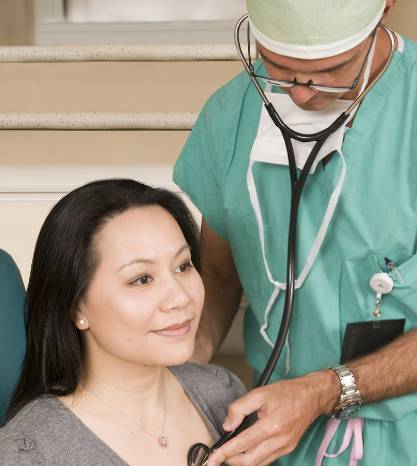Specialities in medical practice – how can you use them?
When considering a career in medicine, you may form an opinion of the area in which you think that you would like to work. In the internet, you can find a list of some of the medical specialties is provided, with the names and addresses of organisations that produce further information to help you understand what is required for the various specialties. However, you will not be expected to make an explicit career choice at this stage. You will do this later in your medical career – at senior house officer level.
I am a graduate and would now like to study medicine — how do I apply?
Graduate candidates for medicine normally need a first or upper second class honours degree. It is important to check with the medical school whether or not your first degree will be considered relevant before you apply. Most medical schools require applications from graduates to be made through the Universities and Colleges Admissions Service, which will supply details on how and when to apply for medical school and all other university courses.
The GMC has approved a number of shortened courses for graduates. In these cases, part of the graduates’ previous undergraduate training may be regarded as constituting a portion of their basic medical training. The majority of graduate entry programmes require students to have their first degree in a science subject. However, there are exceptions to this and St George’s medical school also considers applicants with a first degree in arts subjects. Graduate courses vary in length and structure but are shorter than standard undergraduate medical degrees and normally last four years.
I’m not a UK national but would like to study medicine in the UK — what do I need to do?
Both undergraduate and graduate applicants from outside the United Kingdom should apply through the Universities and Colleges Admission Service (UCAS) and should follow the instructions provided with the application form. This can be obtained from British Council offices, schools or colleges or by writing to UCAS.
Most British Council offices will have information and advice about entry to UK medical schools and whether or not your qualifications are suitable. British Embassies or High Commissions, or your country’s education authority may also be able to advise on questions about grants and scholarships.
UCAS itself cannot deal with enquiries about sources of finance or acceptability of qualifications. Students are strongly advised not to travel to the United Kingdom unless they have been accepted for a course of study.

I would like to study medicine abroad — is this possible?
If you are interested in studying medicine in another country, you should contact the country’s embassy or High Commission for information. You should be aware that medical qualifications obtained outside the European Economic Area are not automatically recognised by the General Medical Council and this may prevent you from practising in the UK. You may need to take further tests, for example, the International English Language Testing System (IELTS) and the Professional and Linguistic Assessment Board (PLAB) before you can work as a doctor in the UK.
Studying abroad is an interesting option, but there is even more. Being a doctor giving you possibility to get a job as a doctor all over the world. For example, Paragona offers medical jobs in 5 different european countries. You can check current offers here: http://www.Paragona.com.


